International Advisory Board
The International Advisory Board (IAB) was established by the Rector, as his advisory body, especially to decide on the major ways of research and educational work of the university, its research centers, and internal funding system.
The purpose of the board is to support the international recognition of Charles University, and to help improve the quality of the research and educational work, to help the university succeed in the international competition, and stamp itself as an internationally acclaimed “research university”. That’s why the board consists of important representatives of the research and educational world, working in top international institutions. We expect the board to meet regularly, once a year, in Prague, at important anniversaries of Charles University. This meeting is held together with the Rector's Advisory Board. IAB also meets continuously throughout the year via teleconferences or the internet.
Members
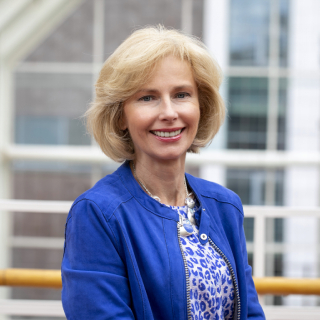
Doris Alexander
Trinity College Dublin
Doris Alexander is the Associate Director of European Engagement, Trinity College Dublin. Doris established Trinity College’s Research Development Office in 1994 and together with previous researcher experience, has a history of interaction with the EC Research Framework Programme (both policy and project level) dating back to Framework 2. Coupled with experience of other EU programmes, Doris is an EU policy and strategy expert who drove the successful development, implementation, and delivery of the University’s first in-depth Research Diversification Strategy. Doris took up post as the Associate Director of European Engagement in 2019 and works to track, influence, and disseminate EU Policy relevant to the University’s missions. She is on the Executive Board of the European University alliance, CHARM-EU, Steering Group for the LERU European Research Projects Managers Group and is an ambassador for EARMA. She is a member of the University Council and sits on the College’s Research Committee. In 2023 she received an INORMS award for excellence in Research Management leadership. Doris has previously represented Ireland on the Expert Group of Member states on the Horizon Europe/Horizon 2020 Model Grant Agreement and has been a board member of EARMA. Doris holds a BA(Hons) in Mathematical Science and an MSc in Computer Science (Health informatics) from Trinity College.
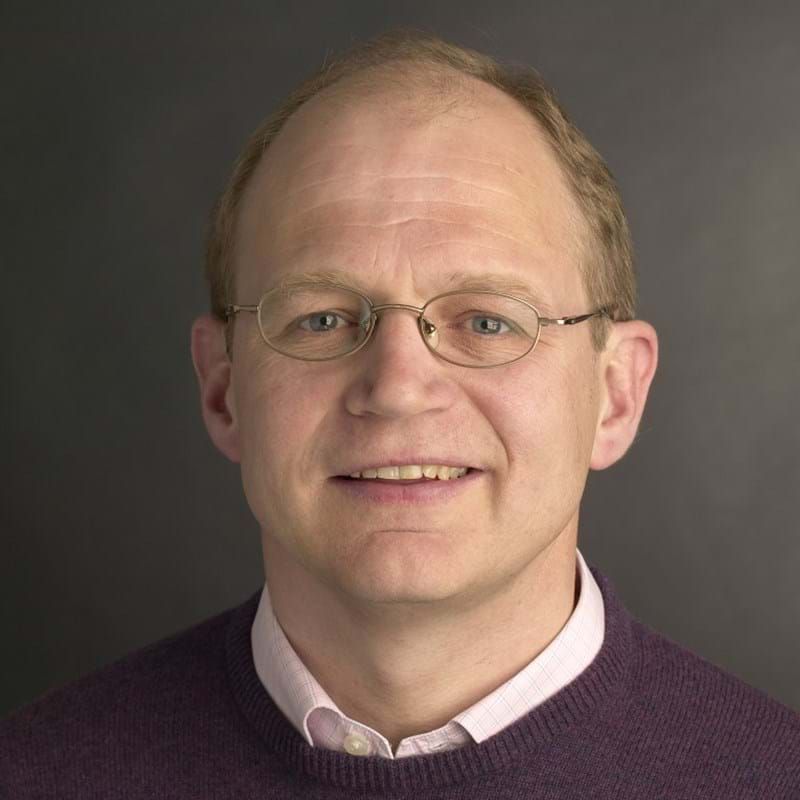
David Bogle
University College London
Professor of Chemical Engineering at University College London (UCL) with research interests in Process Systems Engineering and Systems Biology. Scientific Vice President of the European Federation of Chemical Engineers. Fellow of Institution of Chemical Engineers and elected a Fellow of the Royal Academy of Engineering in 2005.
Pro-Vice-Provost of the University College London (UCL) Doctoral School - the role is to lead the strategy for early career researcher development (doctoral and postdoctoral) at UCL. UCL has over 5,500 research students and 3500 postdoctoral researchers. Chair of the League of European Research Universities (LERU) Doctoral Studies Policy Group and member of several advisory boards for early career researcher development in Europe.
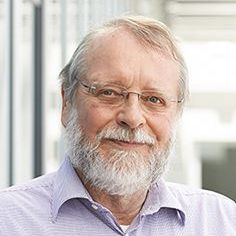
Tim Clark
Friedrich-Alexander-Universität
Professor Tim Clark graduated in chemistry from the University of Kent. He obtained his Ph.D. from the Queen’s University Belfast in 1973 for his work on the thermochemistry and solid phase properties of adamantane and diamantane derivatives. He served as the Technical Director of the Computer-Chemie-Centrum in Erlangen from its fundation in 1993 until 2016, when he moved to a purely research position. His research focuses on the development and application of methods of quantum mechanics in inorganic, organic and biological chemistry, electron transfer theory and simulations of organic and inorganic reaction mechanisms, including the study of the mechanism activation of G protein coupled receptors. He is the author of more than 450 articles in scientific journals and two books, has an h-index of 56 and is the founding editor of the Journal of Molecular Modeling. In 2009, he was awarded the Claus-Wilhelm von der Lieth Medal of the Molecular Graphics and Modeling Society.
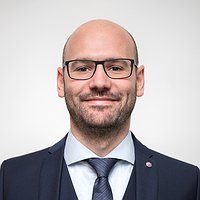
Nik Claesen
European Association of Research Managers and Administrators (EARMA)
For more than 6 years Nik serves as the Managing Director of the
European Association of Research Managers and Administrators (EARMA). His mission is to enhance the quality of research support across Europe by establishing a network for professional development and best practice sharing. EARMA members often act as a bridge between researchers and public-funding agencies, charities, companies and governments. They help scientists to bid for grants, to organize projects and collaboration networks, and to demonstrate impact. Nik has experience in research administration, specifically EU-funded research for the University of Brussels (VUB) and bid consultancy for Imperial College London. He holds master's degrees in management and history.
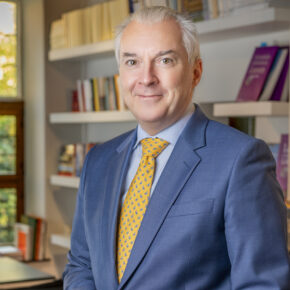
Kurt Deketelaere
League of European Research Universities (LERU)
Since July 2009, Kurt Deketelaere is the Secretary-General of the
League of European Research Universities (LERU), an association of twenty-three leading research-intensive universities which promotes the interests of frontier research with the EU institutions. Before joining LERU, he was the chief legal advisor (2004-2007) and the chief of staff (2007-2009) of the Flemish Minister for Public Works, Energy, Environment and Nature. Since 1995, he is also a professor of law (on parttime leave since 2007) at the University of Leuven, the university where he studied law (1984-1989), obtained his PhD in Law (1989-1995) and spent (until now) his whole academic career. Furthermore, he was awarded the Hou-De Honorary Chair at the National Tsing Hua University in Taiwan, and has been a visiting professor of law at the Universities of London, Sydney, Singapore, Keio, Chuo, Malta and Dundee.
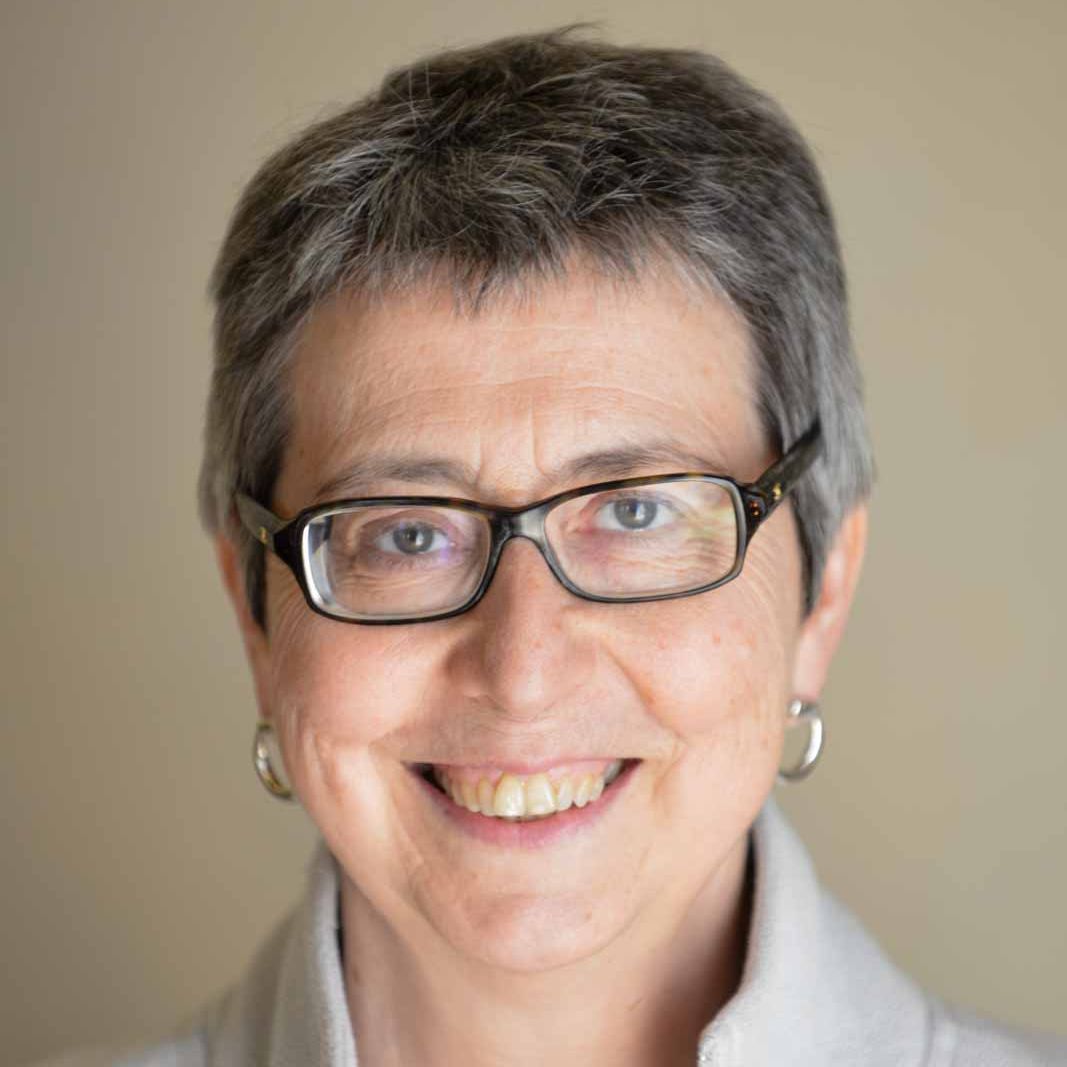
Maria J. Esteban
CEREMADE, Université Paris-Dauphine
Maria J. Esteban is a French mathematician. After her studies at the University of the Basque Country, she got her PhD and Habilitation at Sorbonne Université in Paris. Currently she’s an emerita senior researcher at CNRS at Paris-Dauphine and PSL Research Universities.
Her research areas are nonlinear partial differential equations, Mathematical Physics and the study and application of variational methods in Quantum Mechanics and Quantum Chemistry.
Among other responsibility positions, Professor Esteban was the head of the committee for Applied Mathematics of the European Mathematical Society (EMS), and has been president of the French Society for Applied and Industrial Mathematics (SMAI) and of the International Council for Industrial and Applied Mathematics (ICIAM) between 2015 and 2019. She has received numerous honorary awards and prizes.
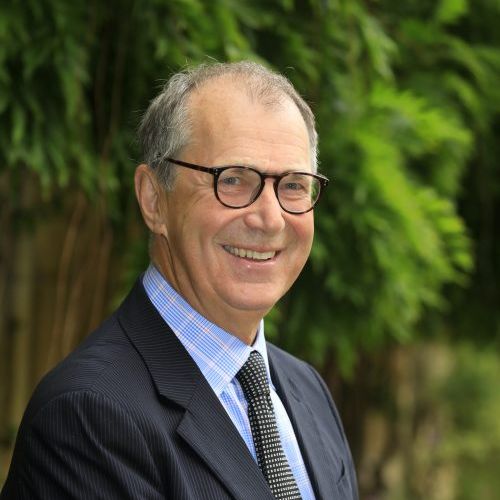
Keith Gull
Oxford University
Keith Gull is a professor of Molecular Biology at Oxford University; since 2002, he has been the head of the Gull Lab at Sir William Dunn School of Pathology. He has been awarded many prizes and scholarships, such as Marjory Stephenson Prize, awarded by the Society for General Microbiology (1996). He reads lectures on tropical medicine to doctors and students at Oxford University, especially molecular microbiology of parasites that cause diseases such as malaria, African trypanosomiasis, and leishmaniasis. His main research focus is biochemistry and the ‘cell biology of microtubules’. His interests are now centred on trypanosomes – parasites causing sleep sickness, devastating especially the Sub-Saharan Africa. His laboratory is particularly interested in the structural and molecular mechanisms of pathogenesis of this disease.
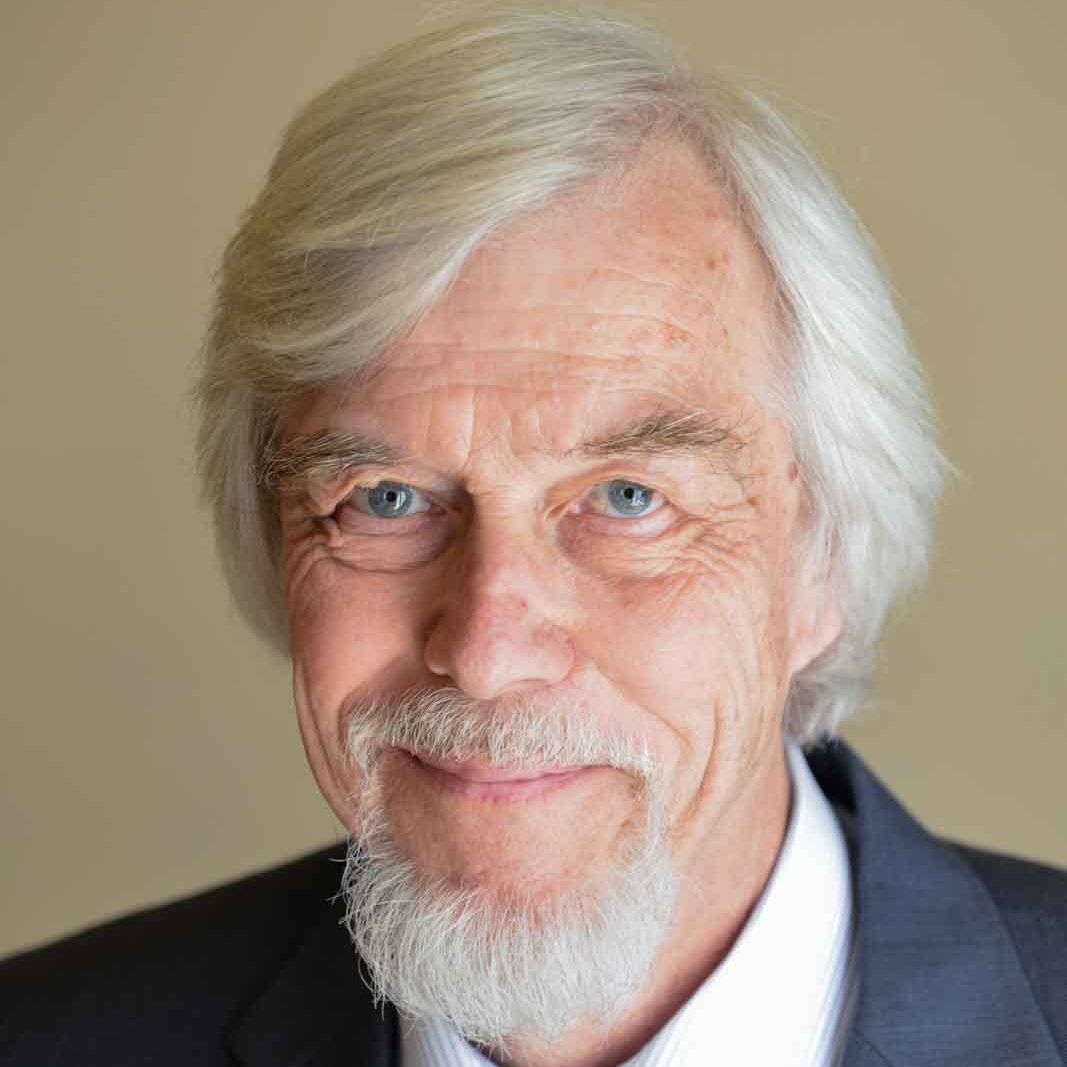
Rolf-Dieter Heuer
CERN
Having graduated in physics from Universität Stuttgart, Rolf-Dieter Heuer received his PhD at Universität Heidelberg, to continue working there as a member of the academic team. Throughout his career, he’s been involved in structure and use of large detection systems to study interactions between electrons and positrons. During 1984 and 1998, he assumed important positions in the European Organization for Nuclear Research (CERN) in Geneva; then, until 2009, he was the head of research department at Universität Hamburg.
Professor Heuer served as a Director-General of CERN since 2009 until December 2015. He’s been awarded with many honorary doctorates and important awards, including the memorial medal of the Charles University.
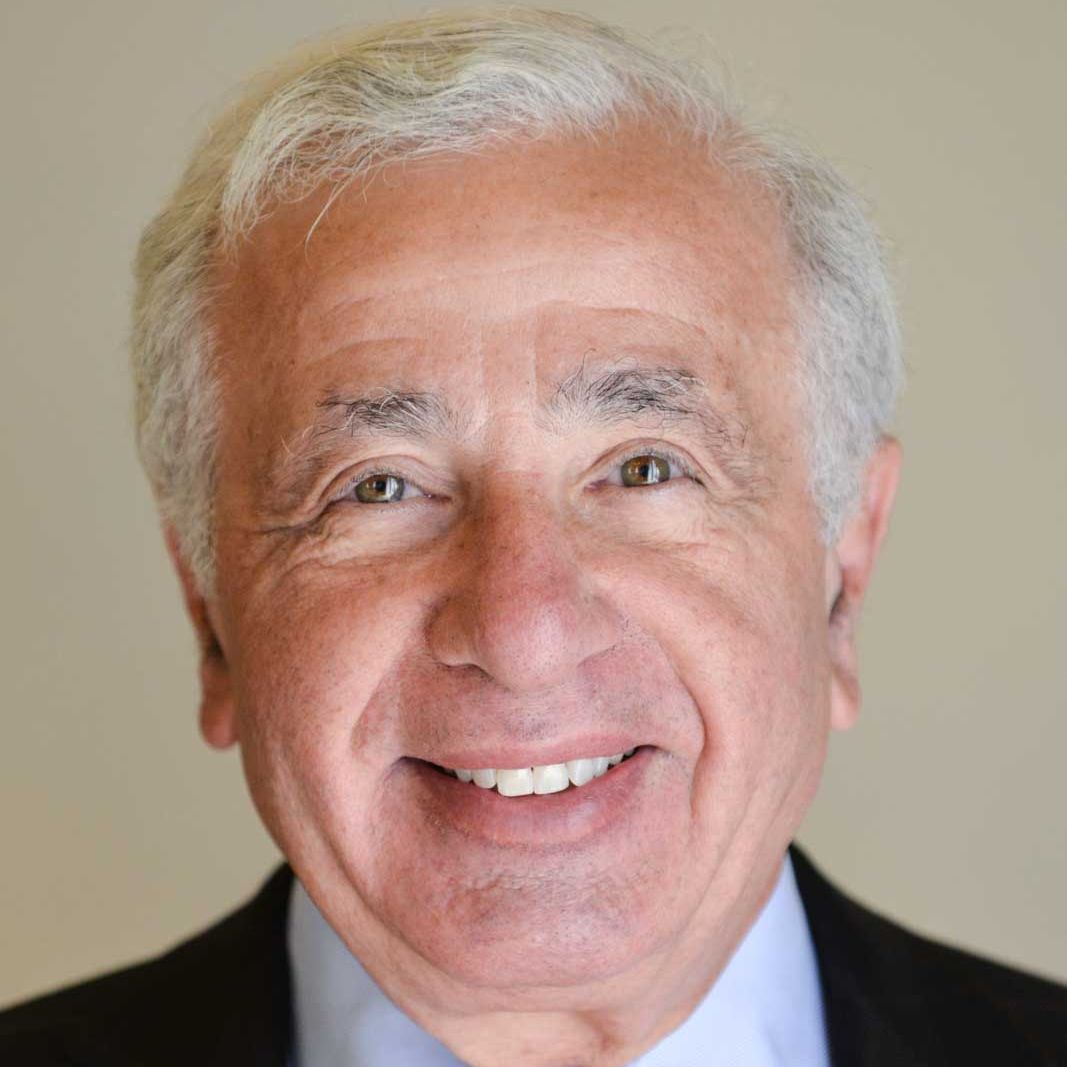
Joseph Jankovic
Baylor College of Medicine
Joseph Jankovic is a professor of Neurology, Distinguished Chair in Movement Disorders, and Founder and Director of the Parkinson's Disease Center and Movement Disorders Clinic (PDCMDC), Department of Neurology, Baylor College of Medicine, Houston, Texas. After completing his Neurology training at Columbia University, New York City, he joined the faculty of Baylor College of Medicine in 1977. Since that time he has led clinical and research team that focuses on etiology, pathophysiology, and experimental therapeutics of Parkinson’s disease and related neurodegenerative and movement disorders.
Under the direction of Dr. Jankovic the PDCMDC has been recognized as "Center of Excellence" by the Parkinson’s Foundation, the Huntington Disease Society of America, and the Tourette Association of America. Past president of the International Parkinson and Movement Disorder Society and of the International Neurotoxin Association, Dr. Jankovic is the recipient of many awards including the American Academy of Neurology (AAN) Movement Disorders Research Award, Dr. Jankovic has published over 1,200 original articles and over 50 books. He has been selected among “World’s Most Influential Scientific Minds”.
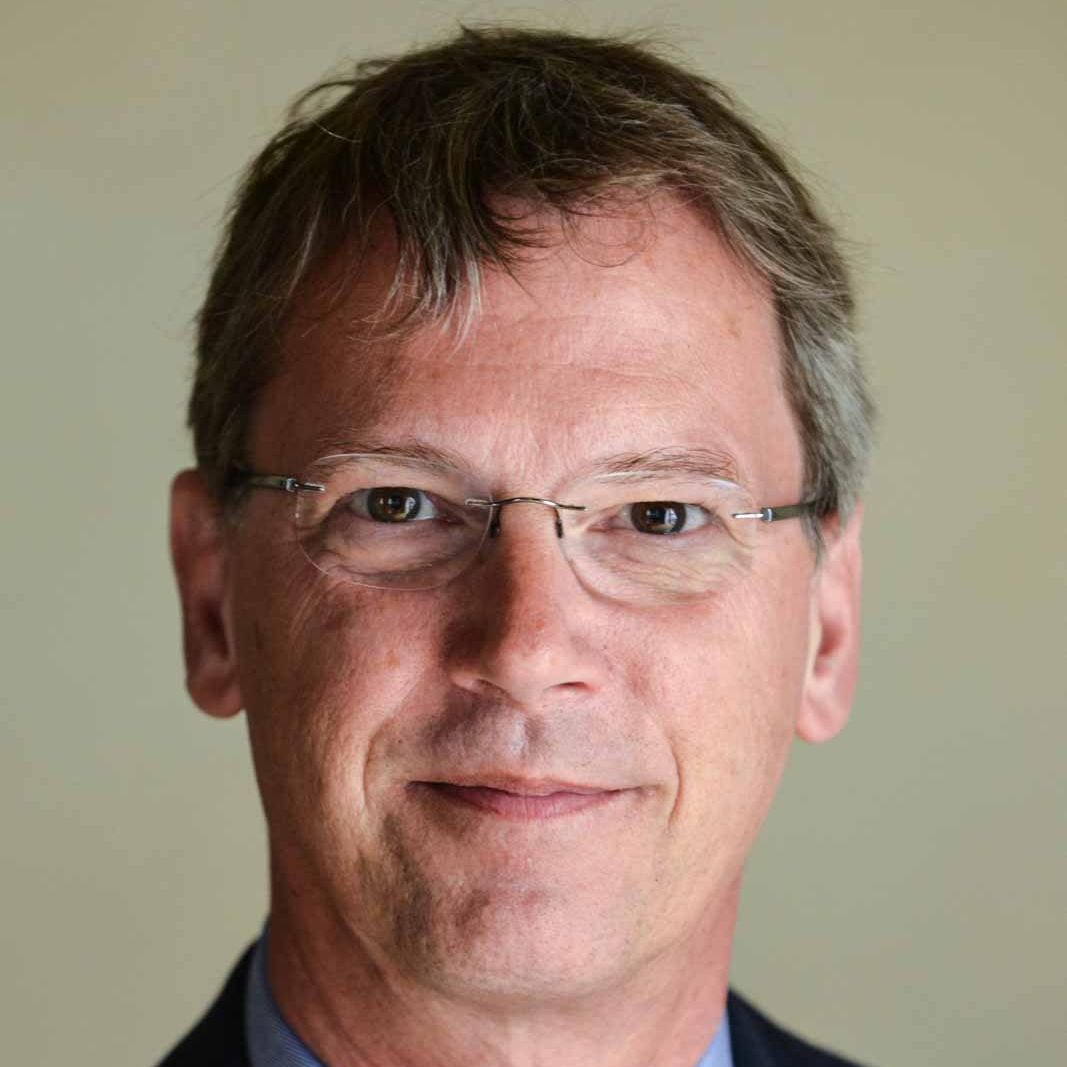
Hans-Georg Kräusslich
Universität Heidelberg
Professor Krausslich studies infectious medicine and molecular virology, especially the HIV virus. Having obtained his PhD at the Munich University, he’s worked at Stony Brook University, New York, with Professor Eckard Wimmer. Then he founded his own laboratory, aimed at HIV biology, in the German Institute for Cancer Research in Heidelberg. Later on, he received a professorship at Heinrich-Pette-Institut in Hamburg. Currently he’s in charge of the virology department at the university clinic in Heidelberg.
Prof. Krausslich is a member of the German Academy of Sciences Leopoldina, and the Heidelberg Academy of Sciences. He’s got international reputation as a top specialist in biology of retroviruses, especially HIV. He’s also the visiting professor of the First Faculty of Medicine, Charles University.
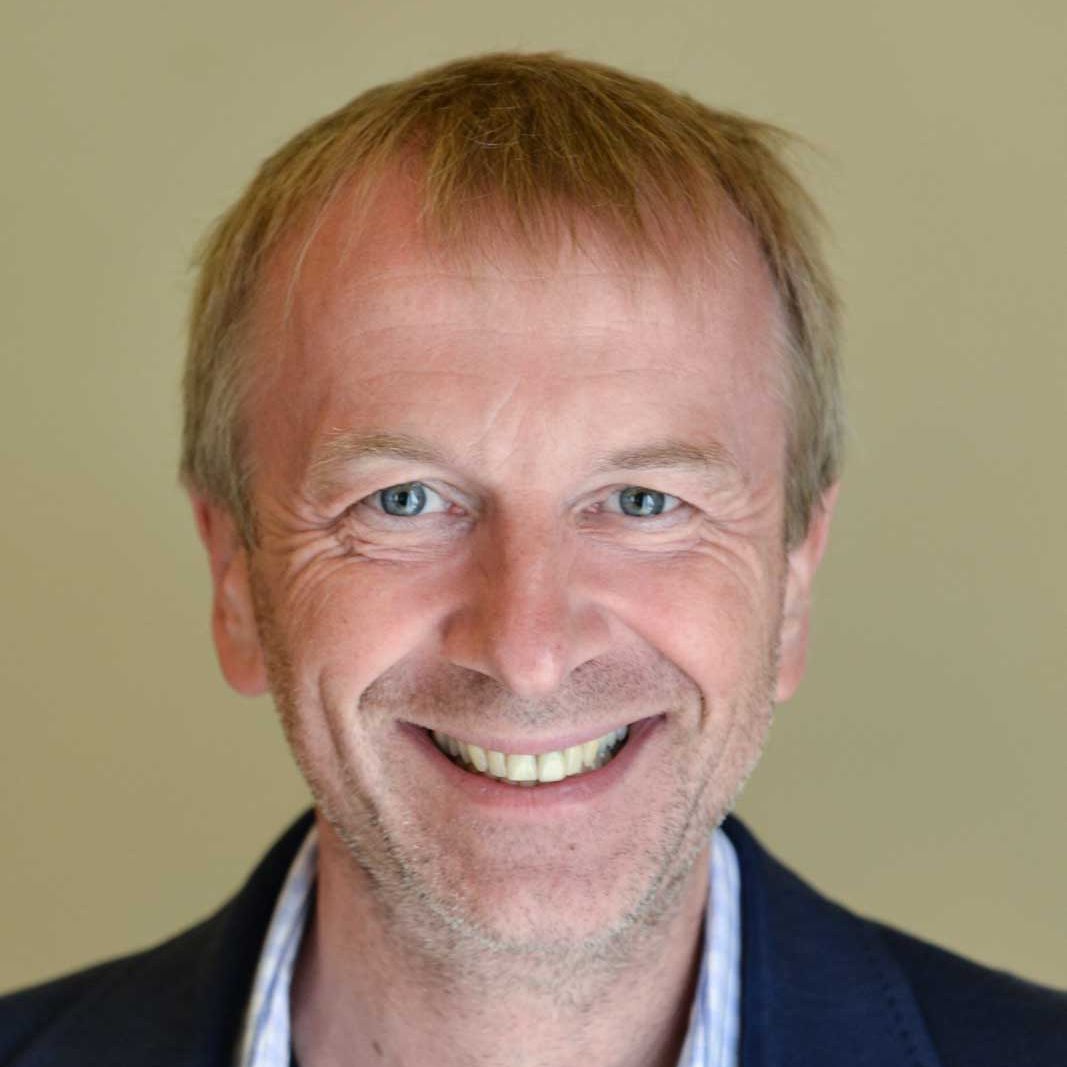
Peter Kuhn
USC Michelson Center for Convergent Bioscience
Professor Kuhn is a physicist studying the early detection and interception of cancer. He studied physics at the Julius-Maximilians-Universität in Würzburg, and later at the University at Albany, New York, to receive his PhD in 1995. Following his work in structure-based drug design while on the faculty at Stanford University, he spent a decade at Scripps Research developing new methods to find cancer signals in blood. He joined the University of Southern California in 2014 where he is currently University Professor and serves as the Director of the USC Michelson Convergent Science Institute in Cancer (CSI-Cancer). He also holds the position of Honorary Professor of Cancer Science at the University of Manchester in the United Kingdom. His long term goal is to contribute the science necessary to improve outcomes for all people affected by cancer.
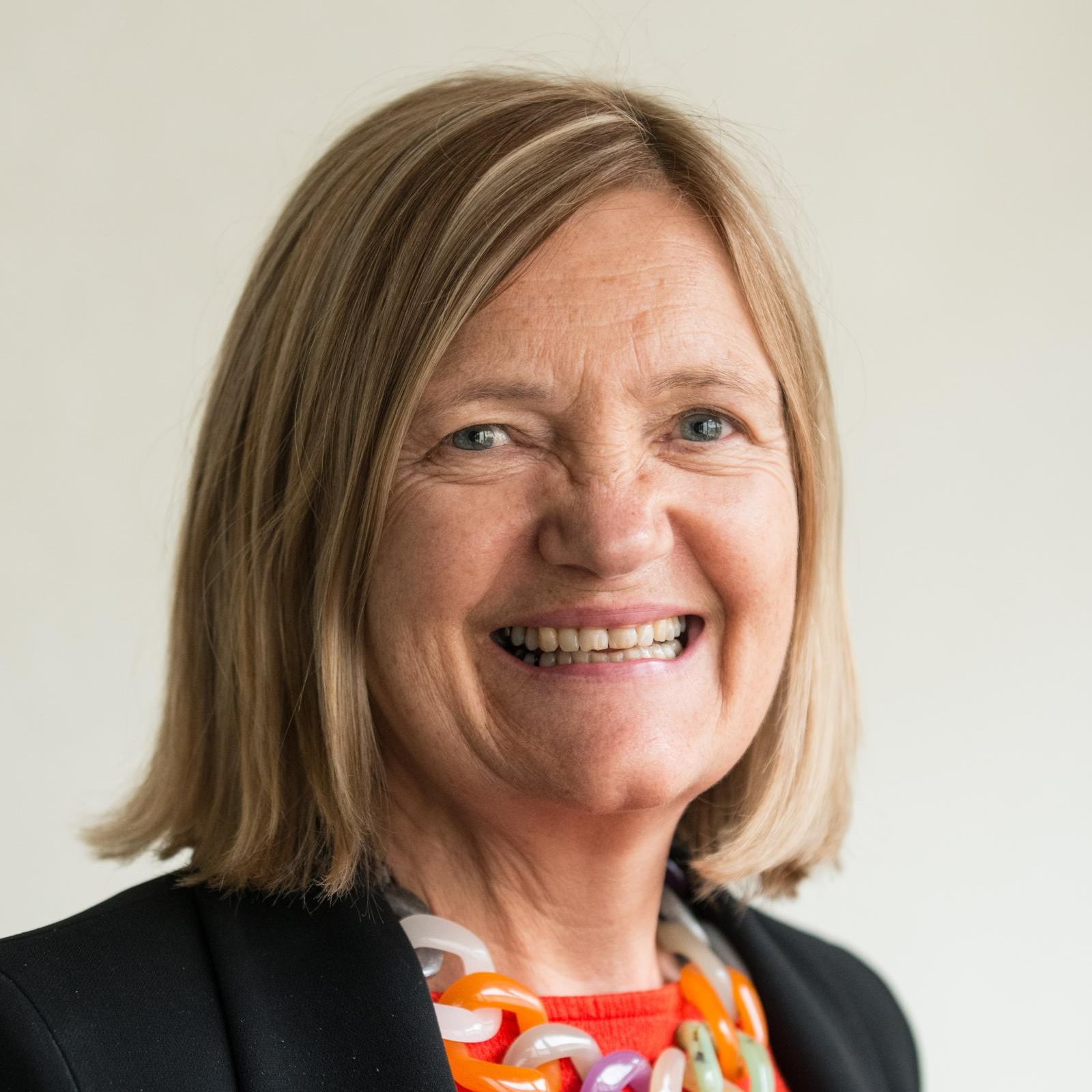
Brigid Laffan
European University Institute
Professor Brigid Laffan is a political scientist, a specialist in European integration. Having graduated from the University of Limerick, Ireland, she obtained her PhD at the Trinity College in Dublin in 1987. Later on, she became the founding director of the European Institute at the same university. Currently she’s the director and professor in the Robert Schuman Center for Advanced Studies, and director of the global governance program at the European University Institute (EUI) in Florence.
She has been granted numerous awards, is a member of Royal Irish Academy of Sciences, and winner of the Ordre National du Mérite.
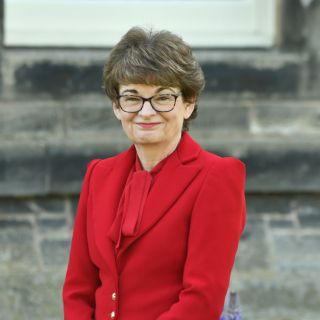
Sally Mapstone
University of St Andrews
Professor Dame Sally Mapstone FRSE is the Principal and Vice-Chancellor of the University of St Andrews in Scotland, a position she took up in 2016. During Dame Sally’s tenure, the University attained a historic “double first”, ranking top of the two leading University league tables in the UK: the Times and Sunday Times Good University Guide 2024 and the Guardian University Guide 2024.
At a national and international level, Professor Mapstone has served as the Convener of Universities Scotland, Vice-Chair of the Carnegie Trust for the Universities of Scotland, and as Chair of the International Advisory Board for the University of Helsinki. She is currently the Chair of the Higher Education Policy Institute (HEPI) board, a trustee of the Europaeum, and in August 2023 she became the President of Universities UK (UUK).
Before St Andrew, Dame Sally’s career was spent at the University of Oxford, where she was latterly Pro-Vice Chancellor for Education in the University, and Professor of Older Scots Literature in its Faculty of English, as well as a Fellow of St Hilda’s College.
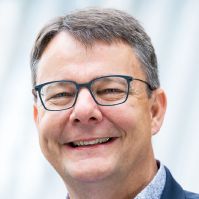
Michael Schaepman
University of Zurich
Professor Michael Schaepman studied geography, experimental physics and informatics at the University of Zurich and earned his doctoral degree at the Department of Geography UZH in 1998. Following postdoctoral work at the University of Arizona in Tucson, USA, he returned to the UZH Department of Geography in 2000 to head up a research group. In 2003, Michael Schaepman was appointed professor of geographic information science at the Department of Environmental Sciences at Wageningen University (Netherlands). He has been professor of remote sensing at the Department of Geography at the University of Zurich since 2009. His research priorities include Earth observation, remote sensing and spectroscopy to measure biodiversity from space. Michael Schaepman was appointed Vice Dean and then Dean of the Faculty of Science in 2014 and 2016, respectively. From 2017 to 2020 he was the member of the Executive Board of the University responsible for the areas of research, innovation and academic career development. He has been President of the University of Zurich since 1 August 2020.
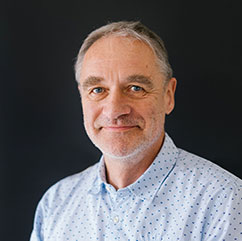
Jeff Skinner
London Business School
Jeff specializes in commercializing early stage technologies, principally from universities. He was commercial director at University College London (UCL), where he built its Technology Transfer division – including the creation of two seed-funds and new units to stimulate consultancy, industry engagement and spin-out creation. Working alongside senior academics, he co-founded more than 30 technology-based spin outs that collectively raised more than £30 million in first round capital. He also introduced management education for engineers and created the first Research Masters Programs at UCL. He chairs the Review Committee of the Alliance of Technology Transfer Professionals – the global technology transfer professional body – and is past president of the leading UK and European Technology Transfer Associations (PraxisUnico and ASTP Proton). He is author of the Leadership Foundation’s publication Commercialization Skills for Academics and Researchers and has written more than 20 teaching case studies, covering many aspects of university technology transfer.
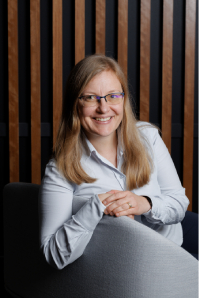
Iva Strnadova
University of New South Wales, Sydney
Iva Strnadova is a professor in Special Education and Disability Studies at the University of New South Wales Sydney (UNSW), Australia. She also leads the research agenda of the Disability Innovation Institute (DIIU) at the UNSW Sydney. Her research aims to contribute to better understanding and the improvement of the life experiences of people with disabilities, especially people with intellectual disabilities. Combining research with advocacy is essential in her research program, which builds on supporting the self-determination (including self-advocacy) of people with intellectual disabilities, and is grounded in an innovative inclusive research approach, in which people with intellectual disabilities are included in the role of researcher. Iva has a particular research interest in the well-being of people with developmental disabilities (intellectual disabilities and autism) and their families over the life span, diverse transitions in the lives of people with disabilities; girls and women with intellectual disabilities; parents with intellectual disabilities; people with profound intellectual and multiple disabilities, and inclusive research. She is a world-recognised leader in and a passionate advocate for co-production in matters relevant to people with intellectual disabilities and on the autism spectrum.
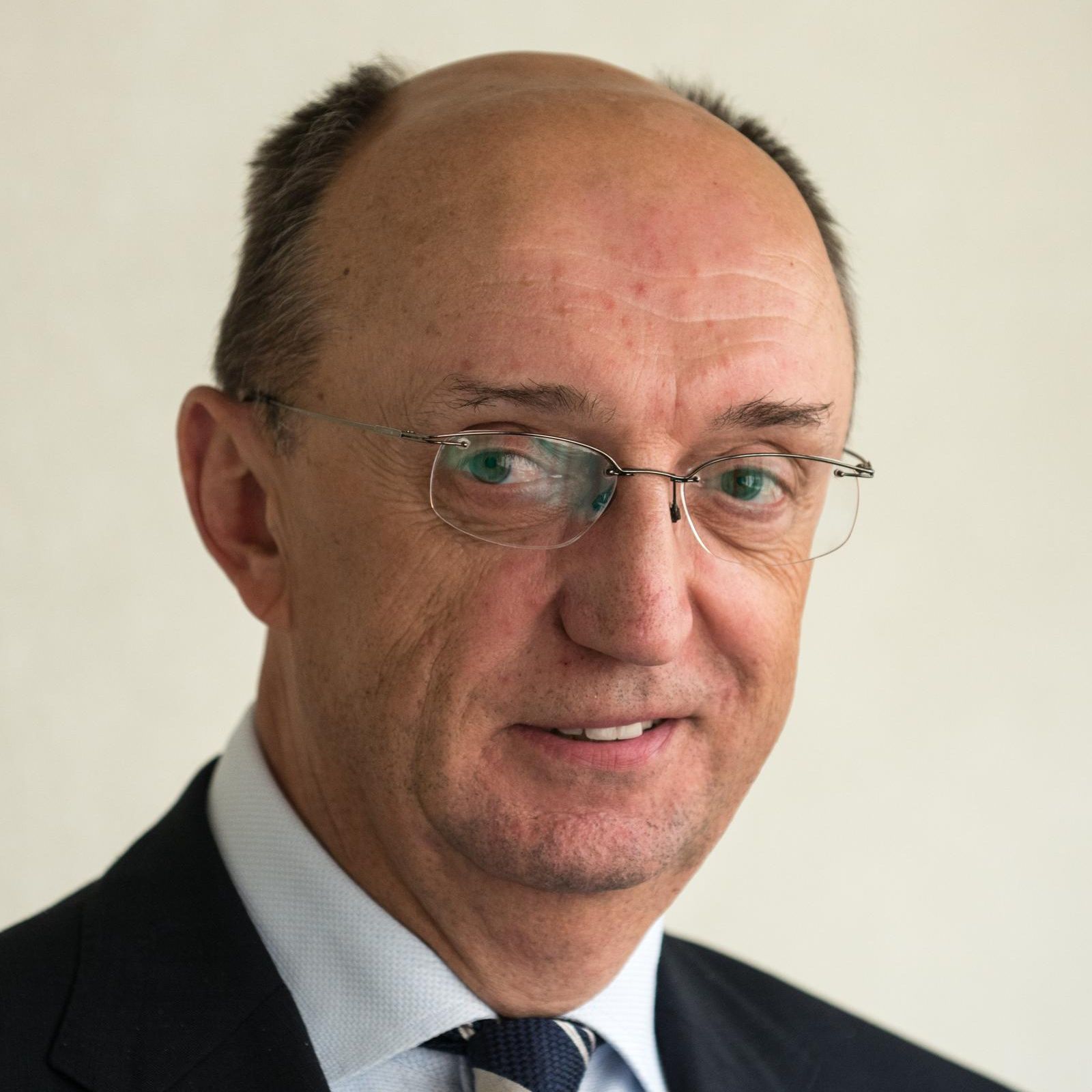
Peter Tomka
International Court of Justice
Peter Tomka has been a Judge of the principal judicial organ of the United Nations, the International Court of Justice (ICJ), since 2003. He served as its President from 2012‑2015, and as Vice‑President from 2009‑2012. He was born in Banská Bystrica and graduated from Charles University where he also received his PhD in 1985. Prior to his election to the ICJ he was a Member of the United Nations International Law Commission. He served as Legal Advisor and Director‑General of Slovakia’s Ministry of Foreign Affairs and later as Ambassador Permanent Representative to the United Nations. He was Chairman of the Legal Committee of the UN General Assembly and chaired a number of other UN legal bodies.
He has been a Member of the Permanent Court of Arbitration (since 1994), an Associate Member of the Institut de droit international (since 2011) and a Member of the Curatorium of the Hague Academy of International Law.
Former members
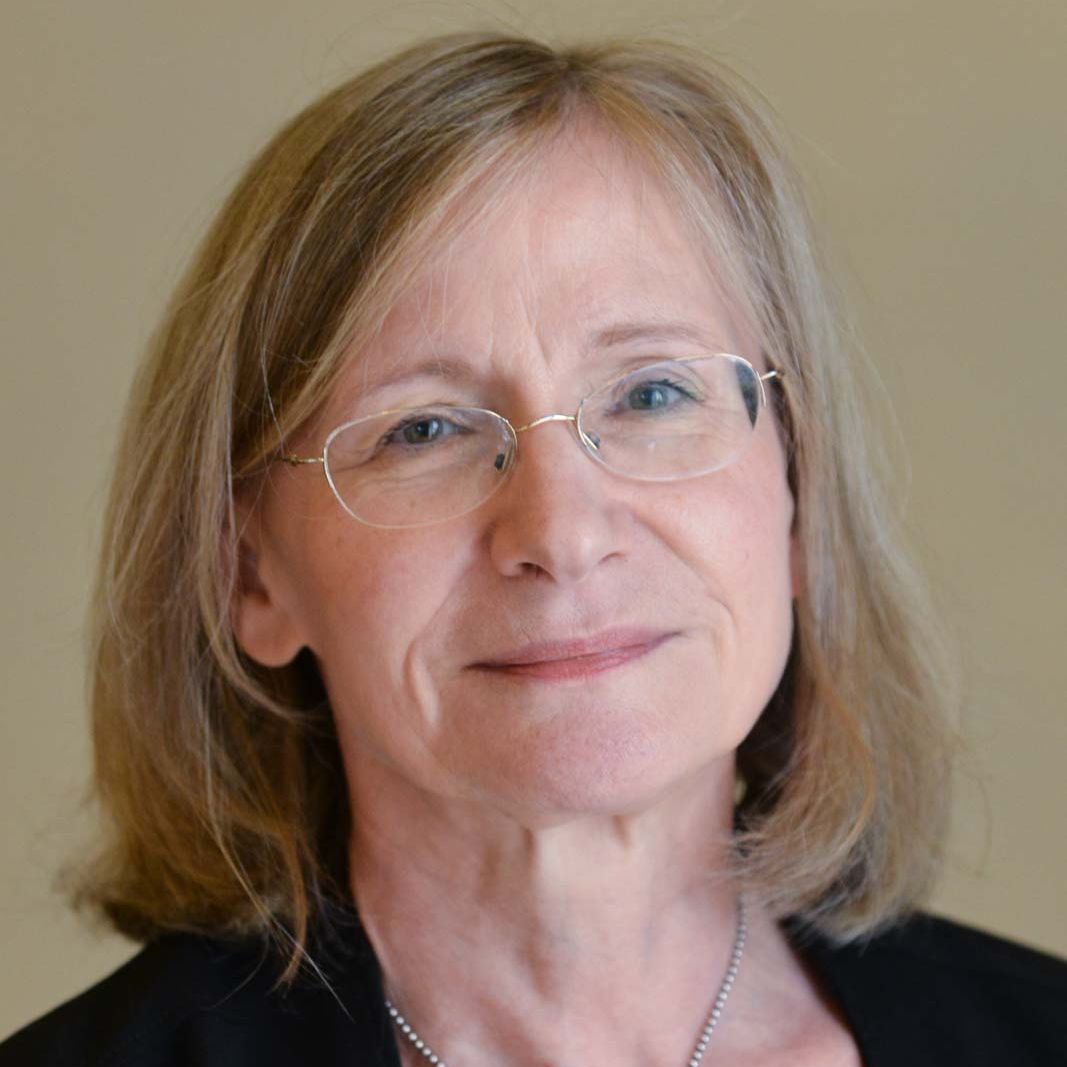
Marie-Elizabeth Ducreux
Centre de recherches historiques, EHESS
Professor Ducreux is a French bohemicist, specialized mainly in the history of the Central Europe in the 17th and 18th century. Her PhD thesis, defended at the Paris University in 1982, studied the history of the Czech counter-reformation. Currently she’s the director of CNRS in Paris. In the 1990s, she took part in founding the French Institute of Research in Social Sciences (Centre français de recherche en sciences sociales, CEFRES) in Prague. Professor Marie-Elizabeth Ducreux keeps close links to the Czech academic society, for example, as the member of the CEFRES Advisory Board, or as the trainer of PhD students at the Faculty of Arts, Charles University. In 2009, she was awarded the honorary doctorate at the Charles University in Prague. She’s been a member of numerous international societies and expert organizations.
She served as Chair of the IAB until 2023.
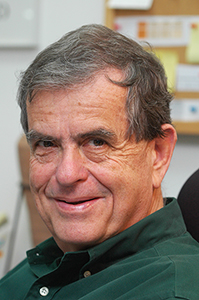
Aaron J. Ciechanover
Ruth and Bruce Rappaport Faculty of Medicine and Research Institute, Technion
Aaron Ciechanover is an Israeli biochemist, a winner of the Nobel Prize for the discovery of the procedure used by the cells during the protein degradation using ubiquitin. Born in Haifa in the Polish immigrant family, he studied at the Hadassah Medical School, to receive the PhD in biochemistry at the Israeli Technology Institute (Technion) in Haifa in 1981. He followed his studies in the postdoctoral program at the Massachusetts Institute of Technology in Boston, with Professor Harvey Lodish. Currently he works at Technion – Ruth and Bruce Rappaport Faculty of Medicine and Research Institute.
Professor Ciechanover is a member of the Israeli Academy of Sciences, Pontifical Academy of Sciences, and international member of the National Academy of Sciences in the U.S. He’s been awarded with numerous prizes and honorary doctorates by top universities over the world.
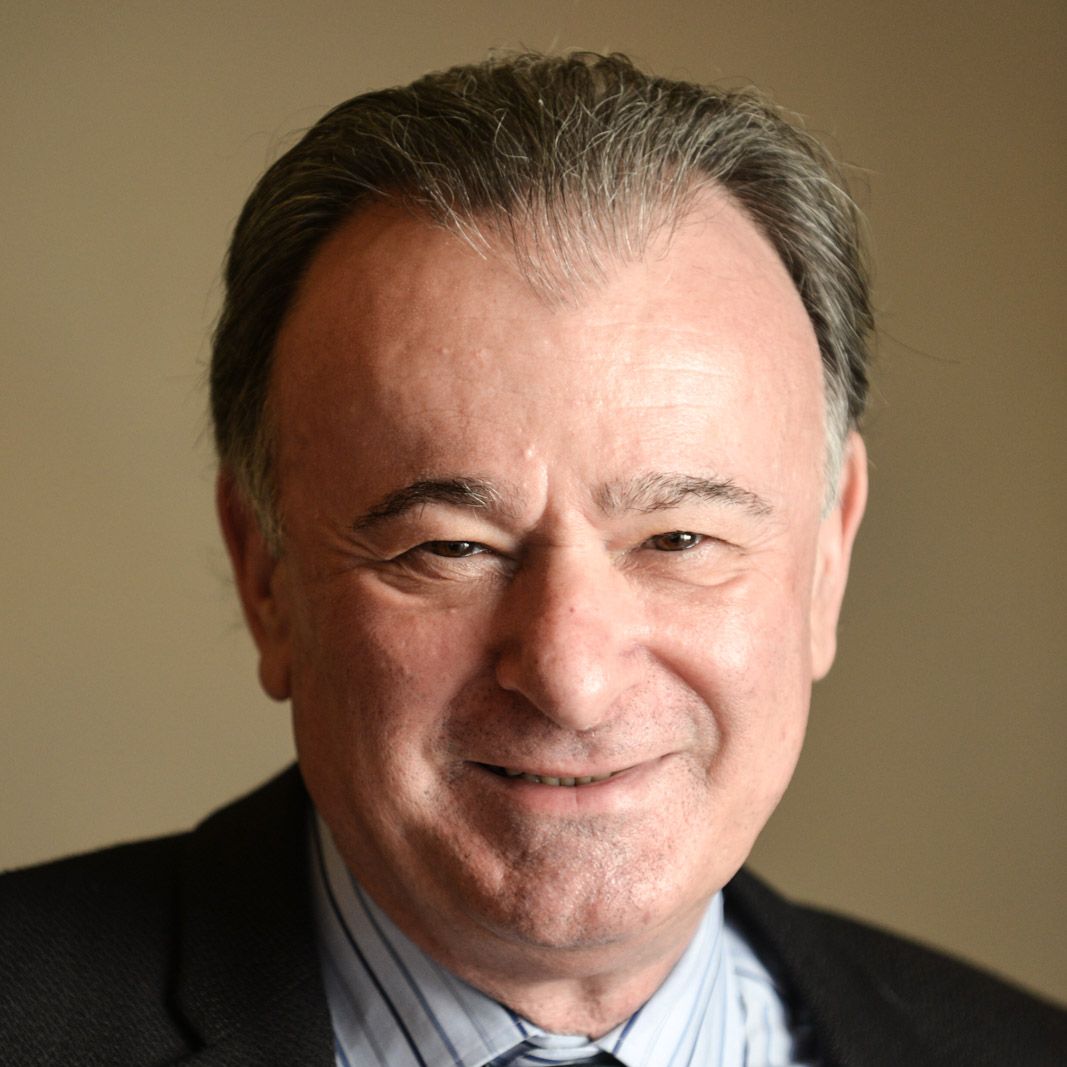
Gary W. Marks
University of North Carolina a Universiteit van Amsterdam
Professor Gary Marks obtained his PhD at the Stanford University, California, in 1982. Later, he worked at the University of Virginia, and then at the University of North Carolina, where he became professor in 1994. Since 2004, he’s been head of the Multilevel Governance Department at Universiteit van Amsterdam.
Professor Marks is mostly involved in comparative political science, mainly aimed at the European Union. He’s been awarded with numerous prices, including Humboldt Prize for 2011.
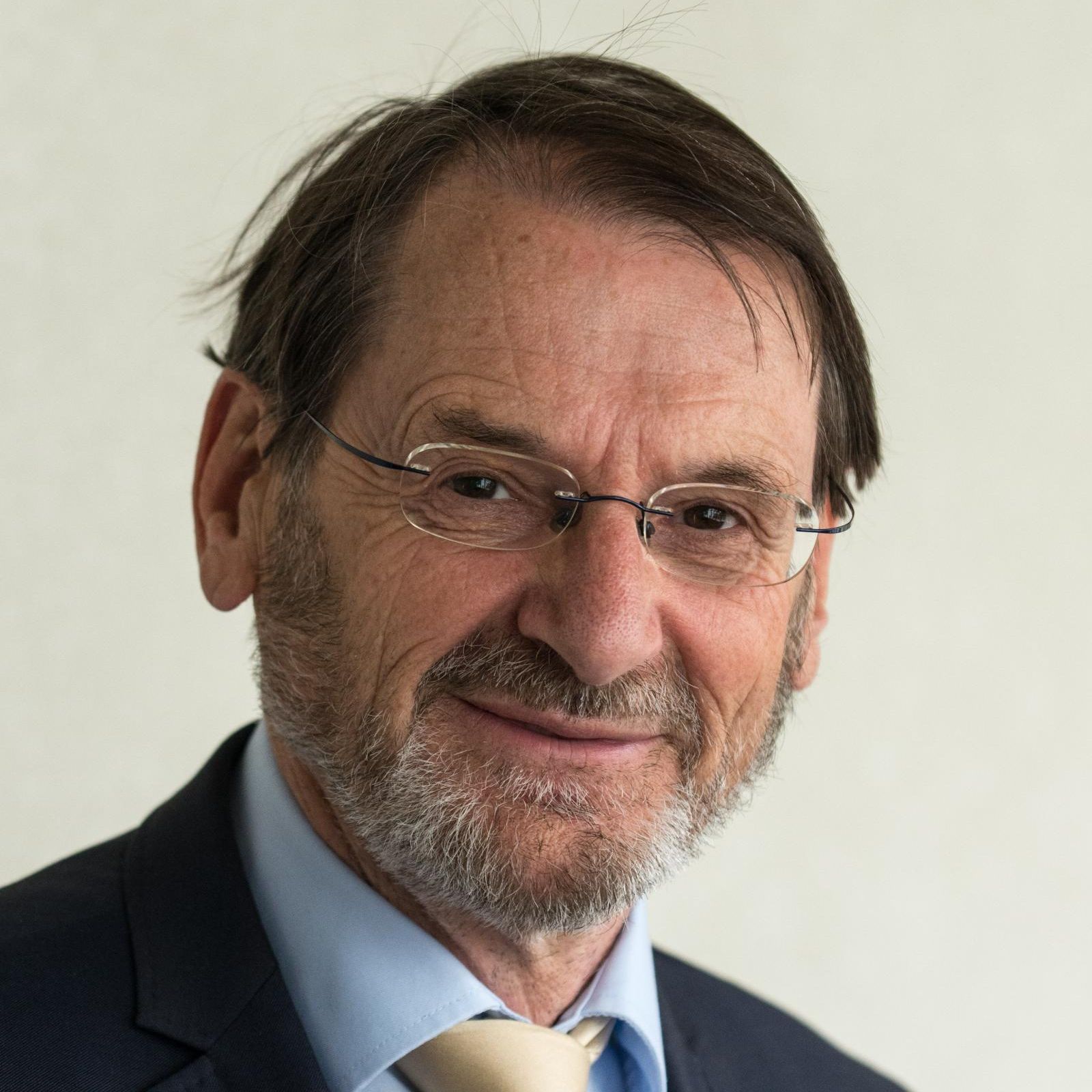
Jozef Mathias Ritzen
Maastricht University
Jozef Marie Mathias „Jo“ Ritzen is a Dutch economist and politician. Having graduated in physics from Technische Hogeschool in Delft, he received his PhD at Erasmus Universiteit, Rotterdam, in 1970. Before entering politics, Professor Ritzen worked as a consultant in Eastern Pakistan (now Bangladesh) and at the University of California. In 1989, he became Minister of Education and Science, and later Minister of Health and Culture in the Dutch government. His school system reform is considered the ground for success of Dutch universities in the 21st century. After leaving the government, he became the consultant to the World Bank President, and later its Vice-President. Until 2011, he was the rector of the Maastricht University. Now he’s Professor Emeritus at the latter, and consultant/member of important advisory boards of global institutions.
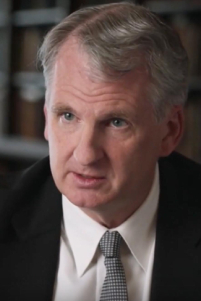
Timothy Snyder
Yale University
Professor Timothy Snyder is an American historian, who focuses on modern history of Central Europe in his work, and a professor at Yale University. He is the author of several treatises about modern history of Central and Eastern Europe. Providing a vivid picture of the troubled history of the region, his books Bloodlands: Europe between Hitler and Stalin (2013) and Black Earth (2015) became phenomenal in 20th century historiography and international bestsellers. Especially valued is his On Tyranny: Twenty Lessons from the Twentieth Century, encouraging civic engagement in the face of the crisis of democracy. In his work, he focuses primarily on the Holocaust and the relationships between Russia and Europe. He has won numerous awards, such as the VIZE 97 Prize, the Hannah Arendt Prize for Political Thought, or the the Leipzig Book Award for European Understanding.

